Last week saw the first UN Ocean Conference, where heads of states, civil society organizations, private corporations and scientists came together to reiterate the importance of the ocean and to facilitate actions for the protection and conservation of oceans, seas and other marine resources. The need for large scale intervention and action to save oceans is pressing. From ocean acidification to mismanagement of marine protected areas to exploitation of fish resources, the threats that this vast vital system faces are escalating. While threats are usually discussed in isolation, the conference offered a chance to bring to light these issues and explore a more interconnected approach to dealing with a complex and interdependent environment.
Heads of state from across the world agreed to a Call to Action, to “act decisively and urgently” to implement long-term and robust strategies to reverse the decline of the world’s oceans, suffering pollution, acidification, and illegal-fishing. The call to action expressed their commitment to halting and reversing the decline of ocean ecosystems by protecting and restoring resilience and ecological integrity.
The conference will also inform further efforts to track progress of SDG14. During the conference, 1300 voluntary commitments towards reversing marine degradation and decline were made by a variety of stakeholders, from private resorts to governments to academic institutions.
Sri Lanka’s voluntary commitment focuses on Marine Protected Areas, expanding the extent of Sri Lanka’s MPAs, adopting a spatial planning approach to manage them and reviewing the policies that facilitate MPA conservation and management plans. While these commitments highlight the need for more data and also note how MPAs may have potential transboundary conflicts, they neglect to make any reference to marine pollution, in particular plastic pollution which has become a serious threat to the health of marine ecosystems in Sri Lanka.
Considering that Sri Lanka has been identified as one of the worst marine polluters in the world, and that plastic debris is detrimental to marine and aquatic ecosystems such as coral reefs, mangroves and seagrass beds, it is vital that Sri Lanka attempts to engage with plastic waste management as part of its efforts to implement the targets for SDG14. Governments such as Fiji, Bangladesh and Turkey all took on commitments towards tackling plastic waste, from reducing single-use plastic bags to introducing marine litter action plans. Rather than pigeonholing waste management and MPA management into isolated categories, MPA management plans should also reference marine debris and introduce action plans as part of MPA strategies, to ensure that effective conservation of these rare and rich marine environments is carried out.
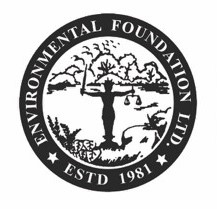


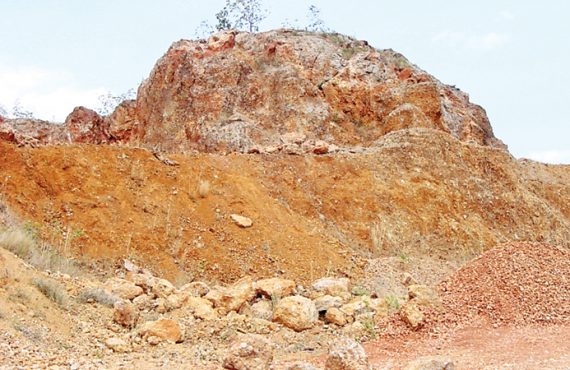
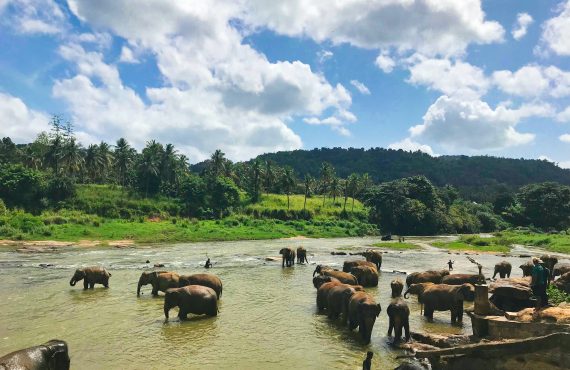



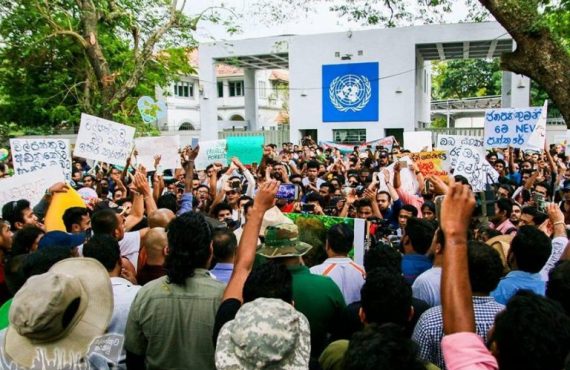
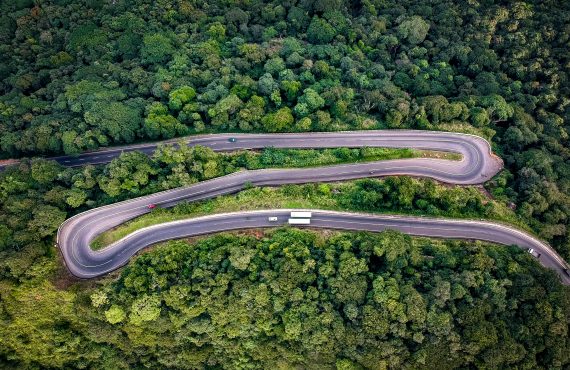
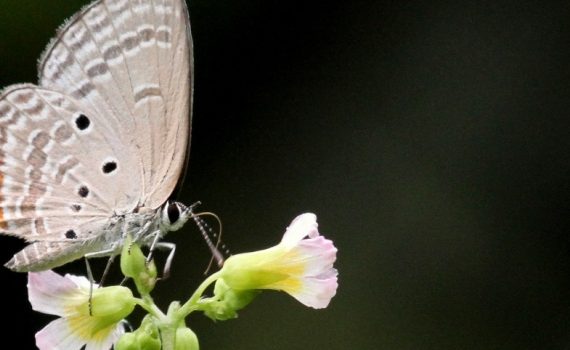
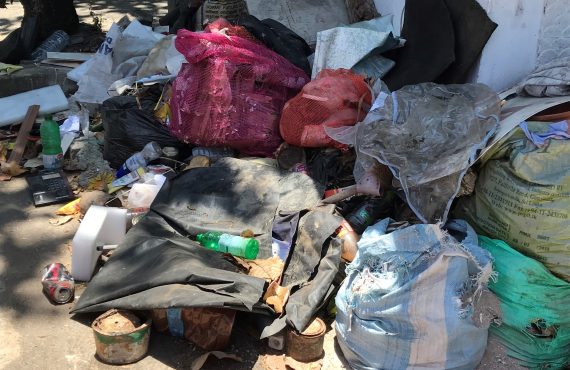
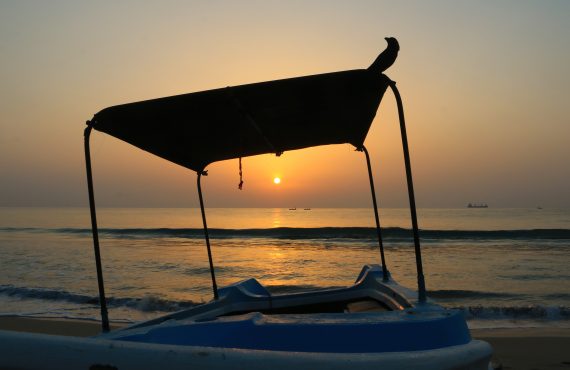

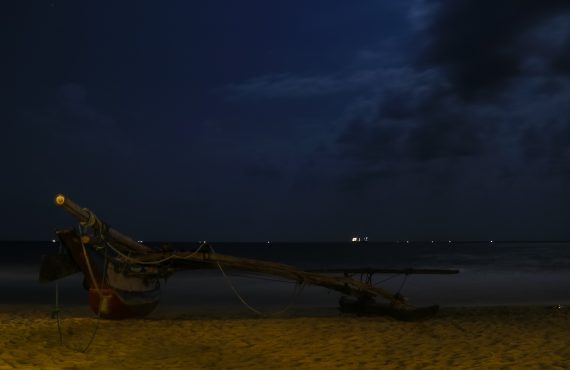

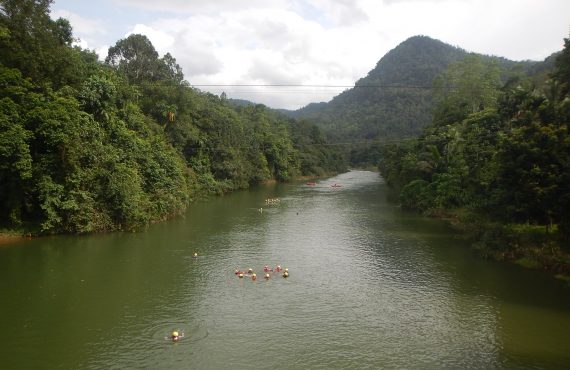


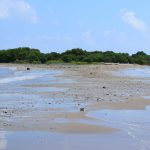

No comments yet.